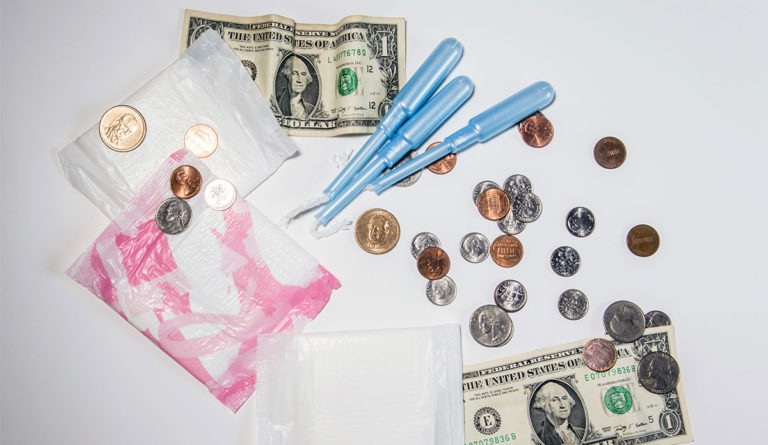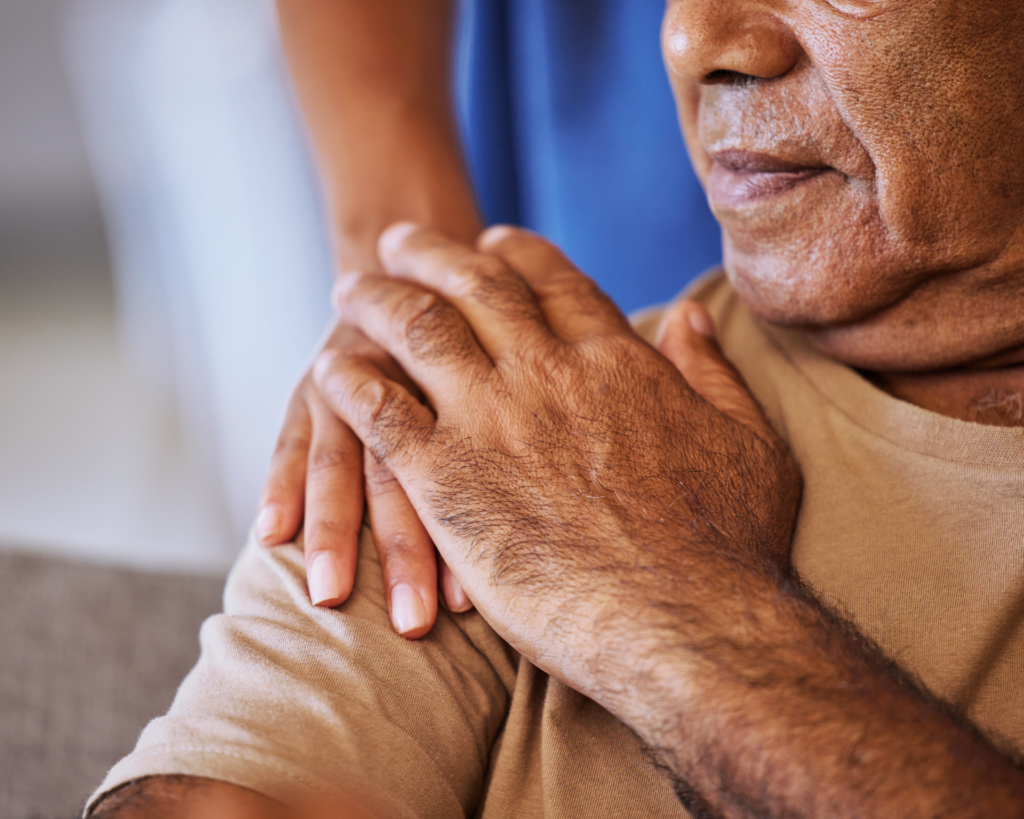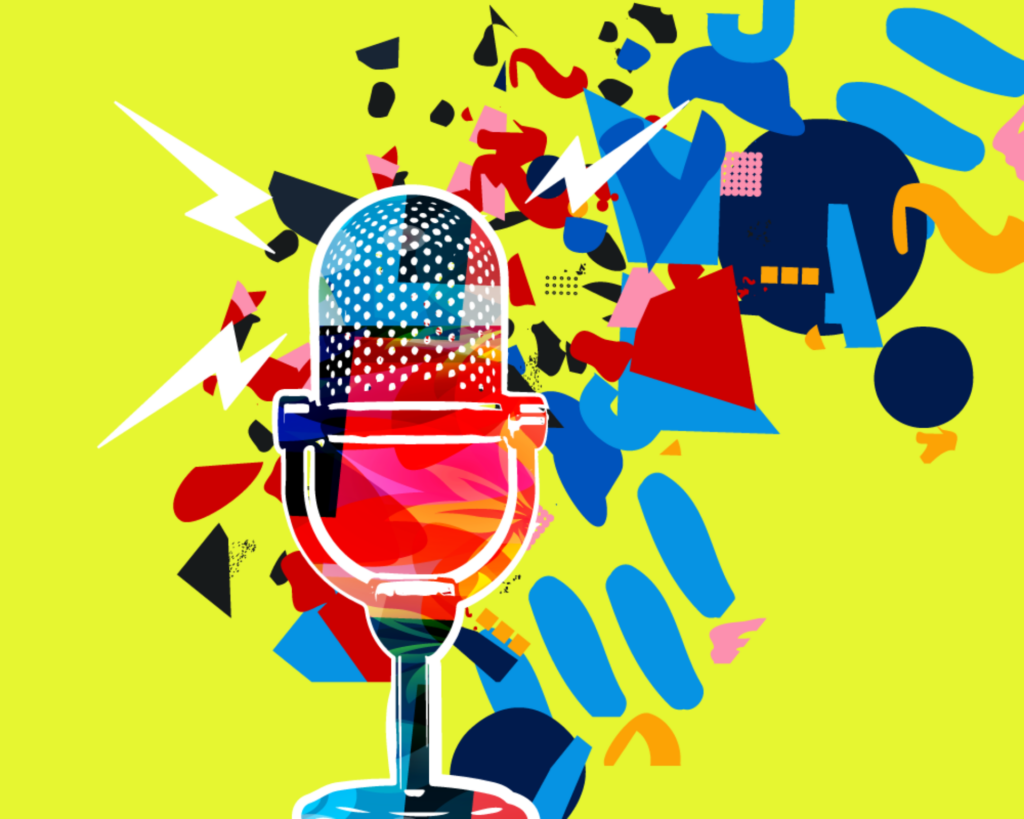Students Take Action Against Period Poverty
The Period Project provides free pads and tampons, information about period poverty, and advocates for equitable access to these very necessary items.

Read Time: 4 minutes
Published:
People spend more than $2 billion a year on menstrual products. In many states, menstrual products are either taxed as a luxury item or assigned a sales tax as “non-essential” items, an added cost dubbed the “Tampon Tax.” While this tax generates massive revenues for states that impose it, many people who need these items are left without them because of cost and access barriers. Period poverty — the inability to access menstrual products such pads or tampons — usually relates to cost, availability, and safety of the products needed to manage menstruation.
At the Boston University School of Public Health, a group of MPH students decided to take action. In 2019, the group set out to tackle period poverty head-on in Boston. Starting with Rosie’s place, a women’s shelter, they found that most members of the shelter were in critical need of menstrual products. “People don’t really think to donate pads and tampons to shelters,” said Nicole Kitten, former co-president of the Period Project. Massachusetts shelters report menstrual products are among the least donated items. The group, determined to find a solution, reached out for support from the university and was awarded an Activist Bucks Innovation Grant.
Two years later, The Period Project has grown into a campus-wide movement ready to change the period experience of the city, one flow at a time. Its mission is to provide free pads and tampons on campus, educate on period poverty, and advocate for equitable access to these very necessary items.
The Period Project found that 2 of 3 of students have had period related emergencies on the Boston University campus. More concerning is that half of the students are cost-burdened from purchasing menstrual products, and more than a quarter end up using makeshift toilet paper when they can’t access them. “We just want products to be free and available to anybody who needs them so that when you’re at school, it’s not something that is taking away from your learning experience or your teaching experience. You know, it’s not just students, but staff as well,” Kitten said.
Access to affordable and safe period products is an issue for many in the community, not only on Boston University campuses. A 2019 Massachusetts “State of Menstrual Access Survey” reported lack of product supply in schools, shelters, and prisons to meet the need of menstruators they serve. Only 2 of 6 facilities have documented policies for providing free menstrual products. When access to menstrual products is limited, the health and hygiene of menstruators becomes jeopardized from complications of unchecked bleeding, infections, lack of access to hygienic items and more. More so, in prisons, these products have become tools for bargaining and exploitation, endangering the health of those who need them most in already vulnerable spaces.
The Period Project is looking to expand access to the entire BU community, students and neighbors alike. Right now, BUSPH only offers free pads and tampons in select bathrooms on campus. Kitten emphasized the need to continue advocating for period equity, “If we’re dreaming big, [we would] like [the university] to do more advocacy work around the IAM bill.” Many of The Period Project members are supporting a legislative bill which would mandate state-subsidized menstrual products in shelters, schools, and prisons – a step in the right direction for equitable and safe access to menstrual products.
For more information or to get involved, please contact periodprojectbusph@gmail.com or visit https://www.facebook.com/periodprojectbusph.
Listen to Walae Hayek talk with PHPod about The Period Project and menstrual equity.
Photo via Getty ImagesPhoto via Getty Images



